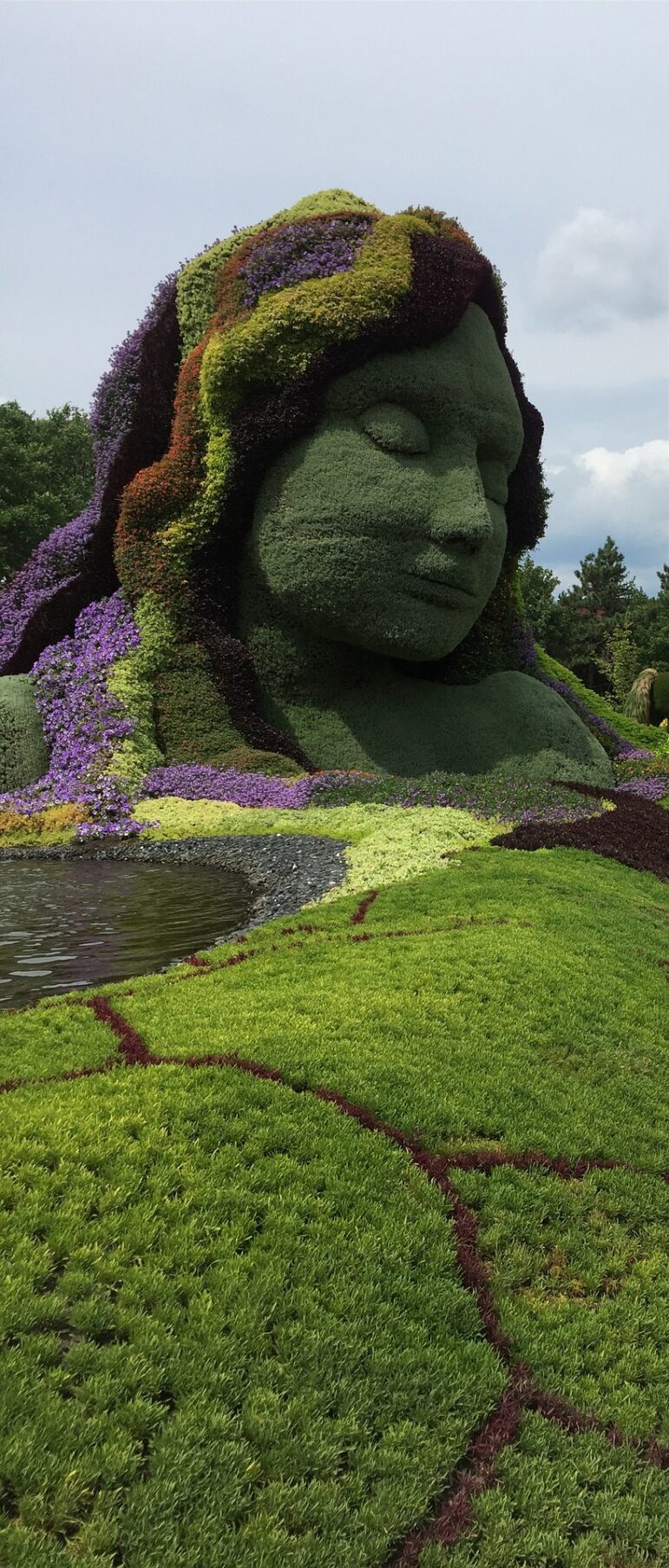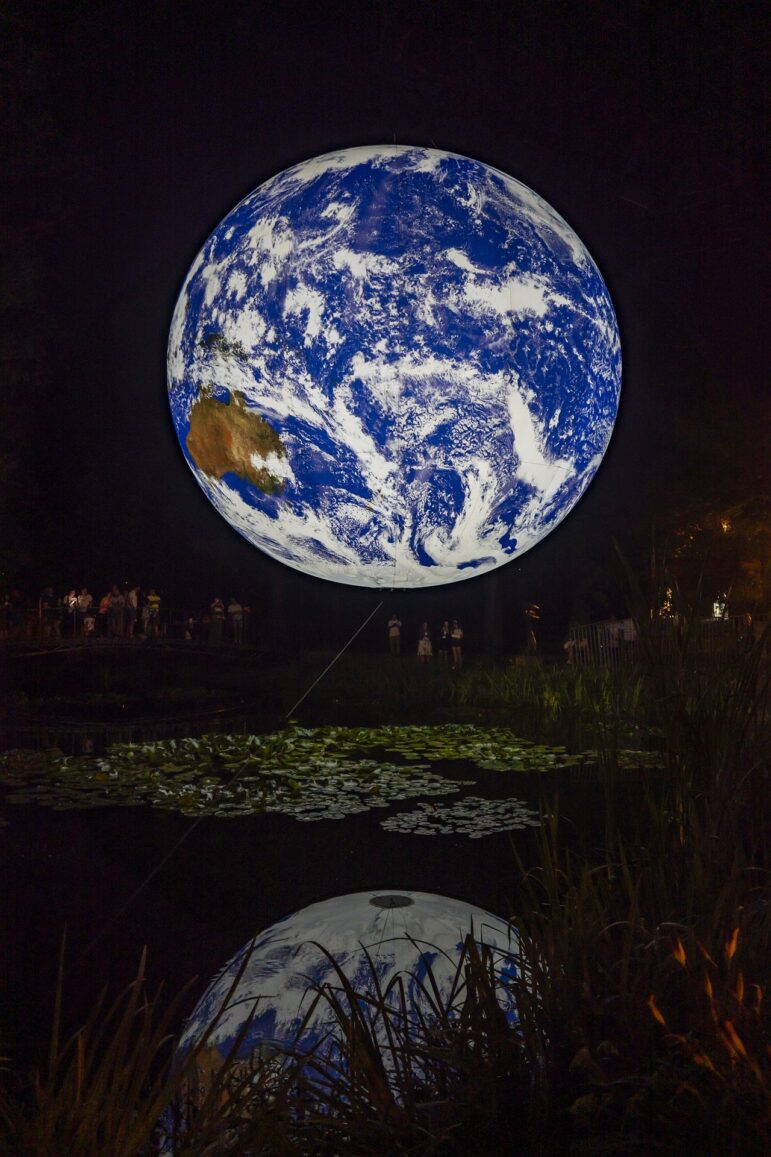
As humans, we enter this world alone. Through a series of events that we call life, we make choices. We embrace the milestones of happiness, such as birthdays, weddings, graduations, and holidays. We mourn together during the sad milestones with somber funeral or memorials. We show our anger with group protests. We attempt to rectify harm through our embrace of civic duty by voting. The sound of the newborn’s vagitus, the cry every human in attendance waits to hear, indicates a successful transition from the safety of the maternal womb to the cold reality of the outside world.
As babies, our cries are our only means of communication. A baby’s cry is a safe word that parents everywhere use in an attempt to understand the child’s immediate needs. Babies and infants have no exact words to indicate when they are scared, hurting, hungry, thirsty, happy, angry, or feeling overwhelmed. Instead, human caregivers rely upon the tone, pitch, length, and repetition of a baby’s cry to determine how to satisfy the baby’s immediate needs.

Mother Gaia [Pixabay]
The Greek goddess Gaia represents the Earth. Just as babies cry out as the only means of communicating that they are reaching their emotional or physical limits, Mother Gaia is crying out, and like caretakers of newborn babies, humans are left to interpret how to help, pacify, and understand what she is saying. Like newborns, changes in weather patterns and unprecedented increases in temperature form a pattern of natural phenomenon that humans see as Gaia’s cry.
These cries, which we call climate change, lead to the question: Is there a safe word to exit this ritual called life? While the term “safe word” is commonly associated with the consensual adult practices of kink as a pre-arranged code used to indicate when one party feels that a boundary is in danger of being breeched, it fits the current climate situation of our planet.

High heels and handcuffs, items common in kink play [Pixabay]
Some boundaries that are in danger on the physical level include our weather. Summer should be hot, but not agonizing. We want to luxuriate in the warm sunny days, play by the cool ocean, or enjoy picnics with friends outside in the park. Long streaks of hot weather are a strident warning that something is wrong. When there is no relief from the heat, the baby is clearly crying. We need to respond and figure out how to fix the situation.
One notable recent example is the month long streak of over 110 degrees Fahrenheit (43 degrees Celsius) in Phoenix, Arizona. While this area of the United States is accustomed to extreme heat in the summer, this type of extended temperatures breaks all previous records.
In Florida, a much warmer than usual Atlantic Ocean endangers wildlife and coral reefs that count on a narrow range of temperatures for survival. While swimming in 90 or 100 degree water might seem pleasant at first, the reality is that such temperatures are neither sustainable for humans or the aquatic residents who can’t simply turn down the heat of their ocean home. Coral bleaching in the Florida Reef from excessive heat endangers another rare landmark.
Through life we learn to preserve what is important while remembering to toss what is not. Human lack of reverence for our planet appears with what we now are willing to toss: the viability for human life in a safe and comfortable environment.
This is not a cry to ditch gasoline powered vehicles in lieu of electric ones or to rely solely on non-fossil fuel sources such as solar or wind power.
Honestly, it may be too late to make the changes needed to preserve the very areas that our great-great-grandchildren’s generation may never see; areas that we enjoyed as children and now take for granted. I noted in a previous column my shock at seeing the beautiful Mendenhall Glacier after an eight year absence. The brown soil where a broad swath of ice used to exist brought the message of climate change home before my eyes in a way that no news article or podcast ever could.
We hold memories in our hearts of good times with loved ones. I cherish the times spend in childhood with friends and relatives even more now that those very places are disappearing rapidly, if they still exist.
A second boundary type is emotional. Our homes reflect places of safety and comfort. It is one reason why homelessness, even for those who claim to choose it, hits the heart the most. Whether it is in a tiny apartment or a home on several acres, home is identity. Home is where we gather the parts of ourselves that we find on this ritual journey called life.
Traumatic weather events that damage homes cause not just physical damage, but emotional distress. Where and how can one start over if the place called home no longer exists? With each new catastrophe, those left behind must make the crucial decision: to stay and rebuild or to leave. Often, it comes down to money and ties. Some refuse to leave, even if it is financially wiser to do so because of generational roots and family bonds.
We are tied to the soil through emotion, through memory, and through family. We are tied to Mother Gaia through our past and where we choose to plant our souls.
Sometimes, it is not logic or rationality which dictates our decisions post natural disasters, but our emotional being. Sometimes we just cannot imagine starting over in a new place, where we know no one, and where no one is a part of our people. Our brains may help us choose to move, but our hearts remain with the soil and with our family roots.
Mother Gaia reflects her anger, pain, and disgust with her children through recent traumatic weather events. People suffer as a result of incessant rains, earthquakes, floods that damage existing buildings, homes, towns, property, and coastlines. In Florida, the biggest cost to live there is to find adequate homeowner’s insurance due to the skyrocketing replacement costs for property damage, which has led to a real insurance crisis.
It is hard to ignore a crying baby. Likewise, while the climate change and global warming deniers still exist, it is hard to ignore repeated environmental issues, such as the impact of widespread smoke from Canadian fires on air quality in the United States. Much of this current summer has dipped between a cry to stay indoors, wear masks when living or working in an area of excessively poor air quality, and the cry to protect ourselves and stay hydrated due to excessive heat. In Texas, for example, the use of iced body bags to combat heat related illness or injuries, such burns from falling on hot pavement, has become more common during the current heat crisis.
Some boundary violations are moral ones. As humans, we often see ourselves as individuals with a moral or ethical foundation of some sort. While we may not agree on issues, we do agree that humans have boundaries that help in processing life experiences. Human awareness of right and wrong stems from the formation of our ethical boundaries. These often come from childhood experiences with caregivers, be they parents, teachers, or other authority figures. We learn from our early experiences in this ritual called life how to navigate to get what we want and how to avoid what we do not want.
Morally, the current climate change events challenge humans to consider how they approach the experiences of daily living. Is it ethical to increase population in an already overpopulated area that is served by one river? Is it morally correct to build so close to the sea that when hurricanes erode the coastal line and homes and lives are destroyed? Is it wise to use up the many planetary resources that are currently available knowing that they may or cannot replenished for future generations?
For many Witches, Heathens, and polytheists, we follow ethical and moral paths shaped by our relationship with our religious and spiritual traditions. The names vary, but each host of traditions which fall under the larger umbrellas of Paganism, Heathenry, and polytheism contain an ethical standard of some sort.
For those who were not raised in an Earth-based tradition, but who came in heart or by deed, we feel the connection.
Whether solitary or group practitioners, we mark certain levels of attainment through initiatory rites. These rites take us through many emotions, and for some the process can be a recreation of trauma or even an embrace of trauma.

Earth Watching [Pixabay]
In the end, the most visible initiation is life itself. While birth is an initiatory process, we are not aware of its start in the womb, only its end with an arrival on a day none of us can remember: our own birthday. Death is considered the ultimate transition, as an initiatory process from the culmination of life’s experiences to what lies on the other side when our bodies cease to function. In opposite manner of birth, we are aware of how the dying process starts, but not how it ends.
While birth and death are one-way tickets into or out of the main event called life, the initiatory role of life itself brings us a number of options and choices. We traverse from the unaware infant stage as babies whose cries are interpreted by others, through the main part of life where we take our role as caretakers for other humans, other living beings, and the planet itself.
We find and create our individual voices to make our way throughout the ritual called life. We listen to our brethren, those younger and older, as we enjoy what we have while protecting what we can for those yet to come.
The balance of power between human and nature is not equal.
Mother Gaia is tossing everything she can at us in an attempt to use her safe words.
We need to not just listen, but to do something. Awareness was the first step. Choosing to honor those safe words through action is the next.
Gaia is watching.
The Wild Hunt is not responsible for links to external content.
To join a conversation on this post:
Visit our The Wild Hunt subreddit! Point your favorite browser to https://www.reddit.com/r/The_Wild_Hunt_News/, then click “JOIN”. Make sure to click the bell, too, to be notified of new articles posted to our subreddit.